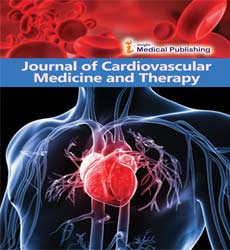Complications related to veno-arterial extracorporeal membrane oxygenation in patients with acute myocardial infarction: VA-ECMO complications in AMI
Abstract
Among various mechanical support devices, veno-arterial extracorporeal membrane oxygenation (V-A ECMO) is the last resort for acute myocardial infarction (AMI) patients complicated with refractory cardiogenic shock or cardiac arrest. The purpose of this study was to investigate the V-A ECMO-related complications in AMI patients who underwent percutaneous coronary intervention (PCI), and to find the association between complications and in-hospital death in that population.
We retrospectively included 101 AMI patients who received V-A ECMO and underwent PCI to the culprit lesion, and divided them into the survivor group (n=43) and the in-hospital death group (n=58). We compared the clinical characteristics and outcomes including complications between the 2 groups, and performed multivariate logistic regression analysis to find factors associated with in-hospital death and major bleeding.
The incidence of major bleeding including V-A ECMO site bleeding and intracranial hemorrhage was higher in the in-hospital death group (34.5%) than in the survivor group (7%) (p=0.001). Multivariate logistic regression analysis revealed that final thrombolysis in myocardial infarction (TIMI) flow grade ≤2 (OR 4.453, 95% CI1.427-13.894, p=0.010) and major bleeding (OR 4.986, 95% CI1.277-19.466, p=0.021) were significantly associated with in-hospital death. Out-of-hospital cardiac arrest (OHCA) was significantly associated with major bleeding (OR 3.881, 95% CI 1.358-11.089, p=0.011). In AMI patients who received V-A ECMO and underwent PCI, final TIMI flow grade ≤2 and major bleeding were associated with in-hospital death. OHCA was closely associated with major bleeding
Open Access Journals
- Aquaculture & Veterinary Science
- Chemistry & Chemical Sciences
- Clinical Sciences
- Engineering
- General Science
- Genetics & Molecular Biology
- Health Care & Nursing
- Immunology & Microbiology
- Materials Science
- Mathematics & Physics
- Medical Sciences
- Neurology & Psychiatry
- Oncology & Cancer Science
- Pharmaceutical Sciences
